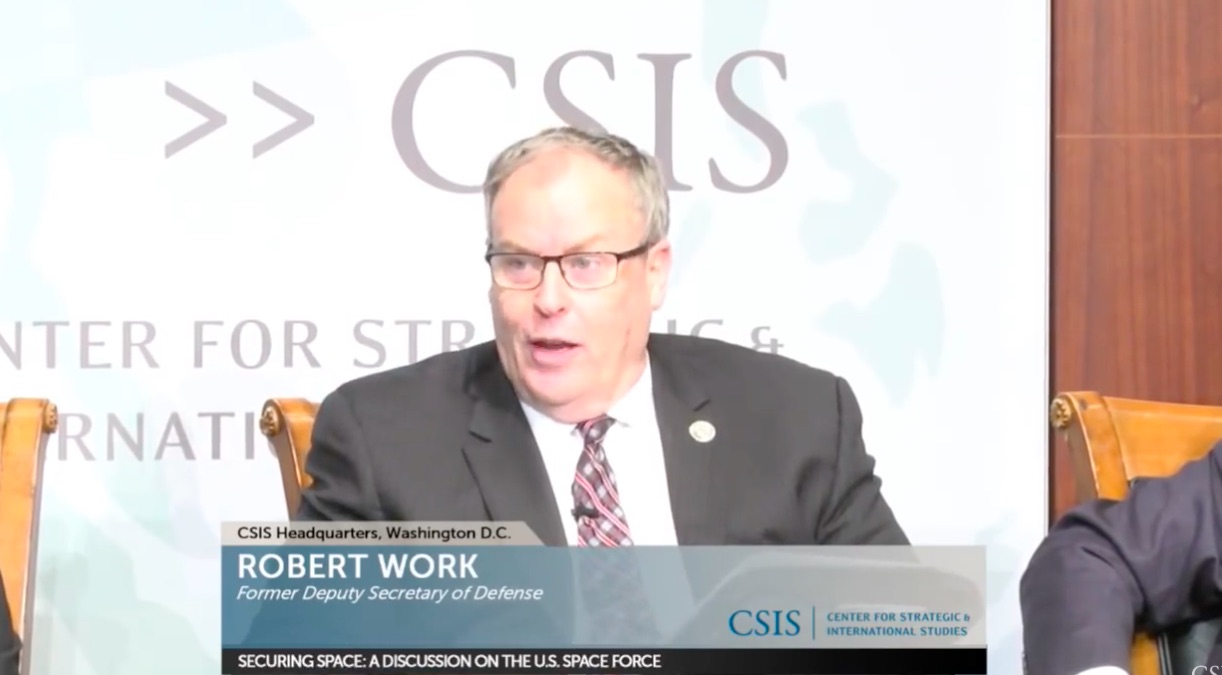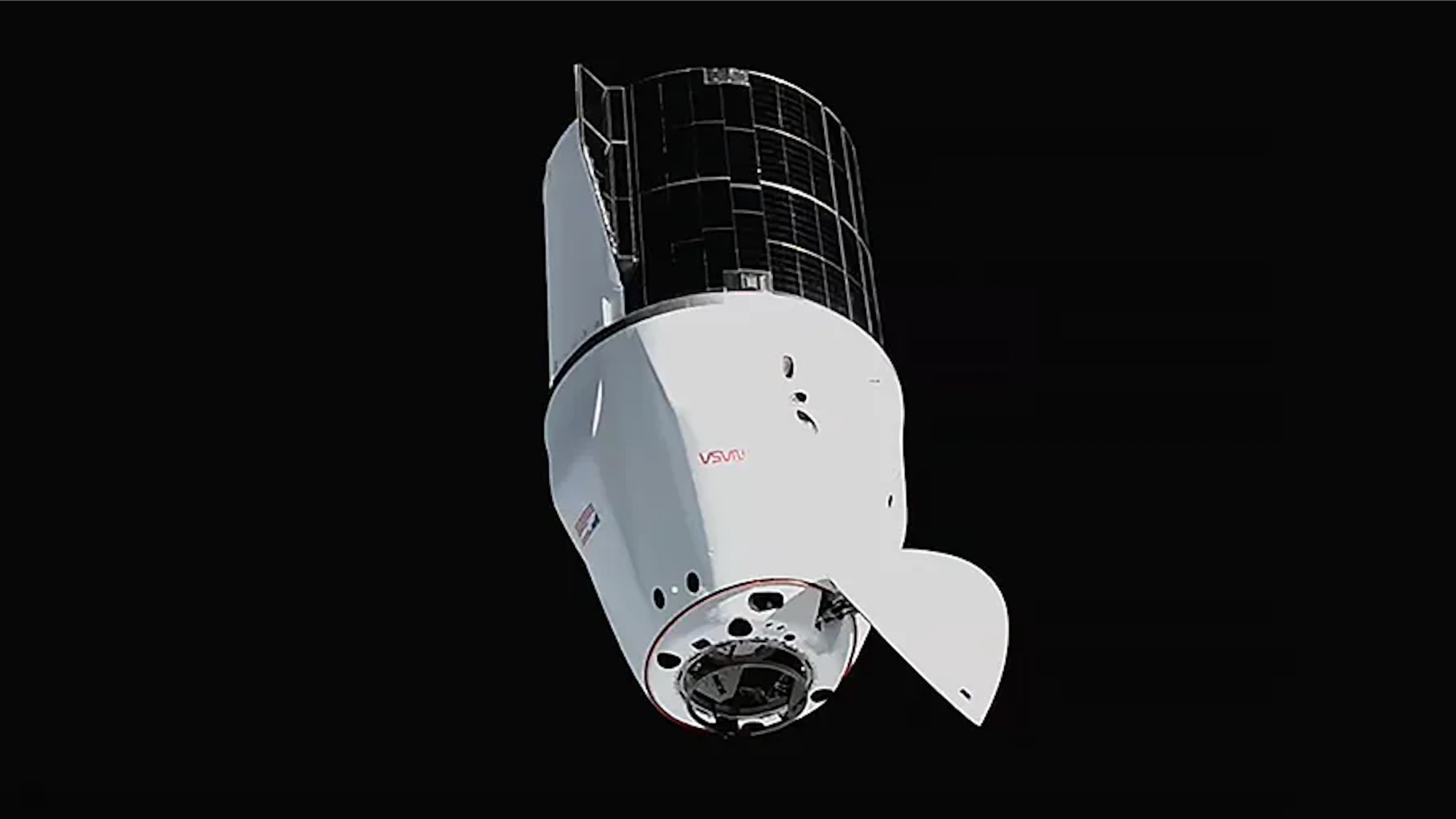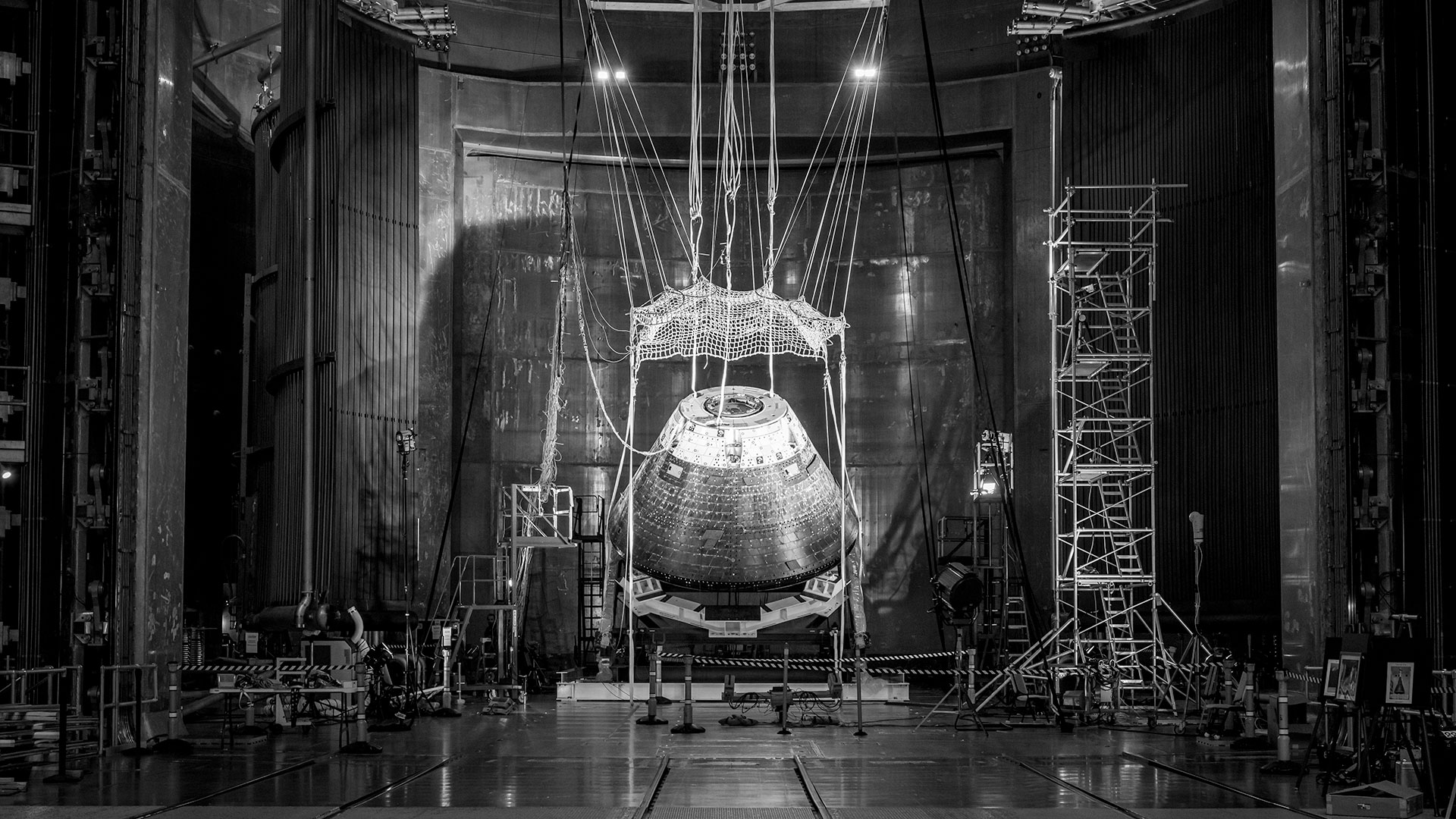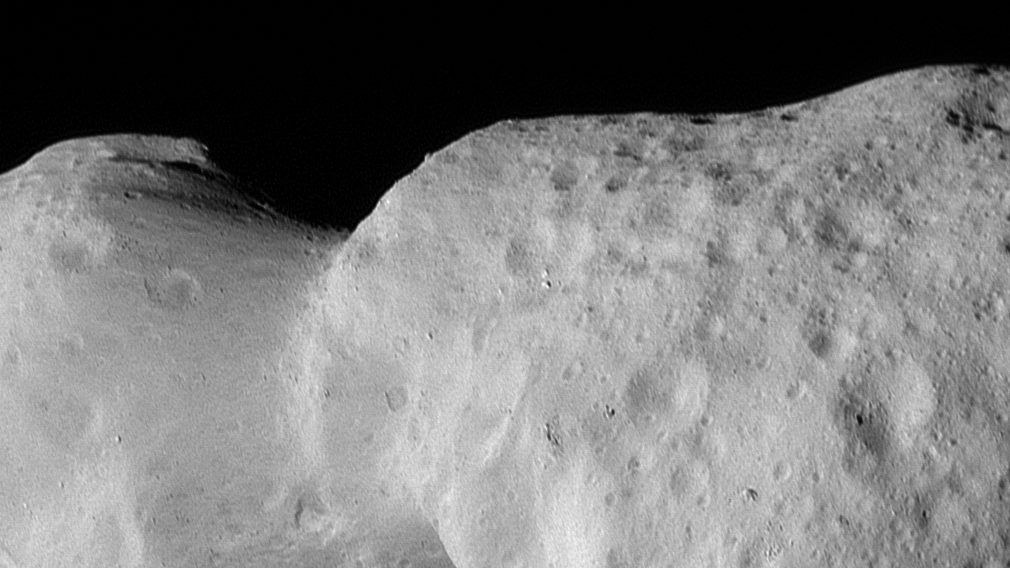Experts: A Separate Military Service for Space May Be Too Much Too Soon
WASHINGTON — The Pentagon should create a U.S. Space Command, it should do more to protect satellites from attacks and it should change how it buys space technology, a panel of former defense officials said. They are not convinced that a separate military branch dedicated to space is needed, however. And they warned that rushing to set up a Space Force could create more problems than it solves.
"Whether we get to a separate space force I think is an open question," former Deputy Secretary of Defense Robert Work said on Monday at the Center for Strategic and International Studies.
"It might ultimately be the right answer," said Work. But there are still many unanswered questions. "Can we do better, go faster? Yes, by all means we should do so. Will creating a separate space force guarantee that we will? Not necessarily." A lesson Work learned from years at the Pentagon: "There's never been a thing that Congress doesn't feel can be solved by reorganizing." [Trump's Space Force Plan Revealed by VP Mike Pence]

The Pentagon is obligated to follow President Trump's order to begin the process of standing up a new service, and if the White House and Congress agree on a way forward, there is nothing the Defense Department can do to stop that, Work noted. "That's civilian control of the military."
But Work suggested a separate service might be a solution in search of a problem. The reorganization the Pentagon proposed — creating a U.S. Space Command, a Space Operations Force and a Space Development Agency — are good first steps, he said. "We never should have gotten rid of the Space command in the first place. We made a mistake."
Work said he could not comment on the Space Development Agency because the Pentagon has not explained what exactly it would do beyond the broad mission of speeding up innovation. "That's one those things where I'm from the Missouri school of thought, 'Show me,'" he said. "If it pushes capabilities fast, does not become a tinker house for space, but really focuses on capabilities, it's a good idea."
"I very much applaud Shanahan," Work said referring to Deputy Defense Secretary Patrick Shanahan, who has led the reorganization. "The steps that he took are not all that disruptive," he said. The Air Force Space Command would be the foundation for U.S. Space Command. The Air Force Space and Missile Systems Center would be the basis for the Space Development Agency. "All those steps are good steps but are not as disruptive as going immediately to a Title 10 service with a secretary and its own staff."
Get the Space.com Newsletter
Breaking space news, the latest updates on rocket launches, skywatching events and more!
Air and space 'complementary'
Former commander of U.S. Strategic Command, retired Gen. Robert Kehler, cautioned that separating space from the Air Force could backfire as it could break up a valuable link between air and space. "People say the Space Force is like the Air Force separating from the Army. I don't believe that's true."
Air and ground warfare concepts are incompatible so there was a "strategic reason" for separating the Air Force from the Army. "There is no such theory on space power today. Will there be one? Maybe. Is there a foundational necessity for a separate force? I think you have to address this issue" before moving ahead with a reorganization, Kehler said.
"You need to ask yourself whether space is so fundamentally different from air that they have to be separate," he said. "Are they incompatible? I think they are complementary."
A Space Force should be not assumed to be synonymous with a separate military department," said Kehler. Standing up a new service right now would be "premature."
Former director of the National Geospatial-Intelligence Agency Letitia Long agreed. There are about 13,000 people across the Defense Department today focused on space, she said. "I'm not sure that's enough to warrant a military department."
Another former deputy defense secretary, John Hamre, who is president and CEO of the Center for Strategic and International Studies, said he worries that creating a new service will set off internal power grabs that will distract from the space mission.
"When you want to create something in DoD, it brings out the darker impulses in people," he said. Securing stature and status will take precedence over other priorities, he said.
The Pentagon has not yet provided a cost estimate for a new Space Force. Work said the budget is going to be one the most contentious aspects of the reorganization. DoD will add up all the resources allocated today to the space mission, and "if you created a separate space force that would be the initial budget share," he said. "Is that the right budget share? You would have to debate that." Budget shares between departments cause ugly fights, he said.
There would also be a struggle on Capitol Hill as different factions compete for a limited pool of funding. "There are as many congressional proponents for spending more money on cyber as there are in space," said Work. Other groups like the shipbuilding caucus want more money for the navy. "You would get into a very interesting intramural firefight on exactly on how much resources to be devoted to the new service."
Space is one of four areas of military spending that "cause a lot of problems" because they are owned by multiple departments, said Work. The other three are nuclear, electronic warfare and cyber forces. "They go across all departments," he noted. The largest expenditure in military space are terrestrial terminals. Each military service that uses the terminals is responsible to buy them. DoD has had trouble and continues to have trouble managing programs in these four areas because of the budget authorities. "You have to be careful about thinking that creating a separate Title 10 service will solve that issue," said Work. "It could create other problems."
Pentagon cared about space before Trump
Work seemed frustrated by the conventional wisdom in Washington that past administrations did not pay attention to the national security implications of space. When they talk about the Space Force, Trump and Vice President Mike Pence criticize the Obama White House for neglecting this issue.
That is a huge misconception, said Work. What was different during the Obama administration was that the White House did not want the Pentagon openly talking about war in space. "They did not want to hasten further the militarization of space." The administration "believed that if we openly talked about space war fighting, that we would essentially make that a reality," said Work. "And they were very very cautious about approving any space control capabilities in the budget."
Eventually DoD pushed back as officials learned that threats against U.S. space assets were "becoming more dire," said Work. In June 2013, then Deputy Defense Secretary Ash Carter gave a presentation to the president and the National Security Council about potential attacks to U.S. constellations. "From that point on, even though the department was not authorized to speak in unclassified forums about space war fighting, we were given a green light to start to pursue in earnest space superiority."
A number of space control, space surveillance and battle management programs were started. "We received terrific support from the White House," said Work. But budget sequestration starting in 2013 devastated many military projects. "We had competing requirements," said Work. "In space, we were moving at the fastest speed possible given available resources."
When he became deputy defense secretary in June 2014, Work concluded his predecessors "had gotten the cyber problem on the right path. So I spent most of my time as deputy focused on the space problem." The Obama administration "never once received as many resources as it requested in the defense budget. Congress could have easily said, 'Hey we'll give you a bit more money for space. But they didn't."
This story was provided by SpaceNews, dedicated to covering all aspects of the space industry.
Join our Space Forums to keep talking space on the latest missions, night sky and more! And if you have a news tip, correction or comment, let us know at: community@space.com.

Sandra Erwin covers the military and national security beat as a Senior Staff Writer at SpaceNews. Sandra, based in Arlington, Virginia, specializes in Defense Department and Intelligence Community space programs, policy, budgets, technology and the industry that supports this sector. She joined SpaceNews in October 2017. Before coming to SpaceNews, Erwin covered the U.S. military, the Pentagon, Congress and the defense industry for over two decades as editor of the National Defense Industrial Association's National Defense Magazine and Pentagon correspondent for Real Clear Defense.










